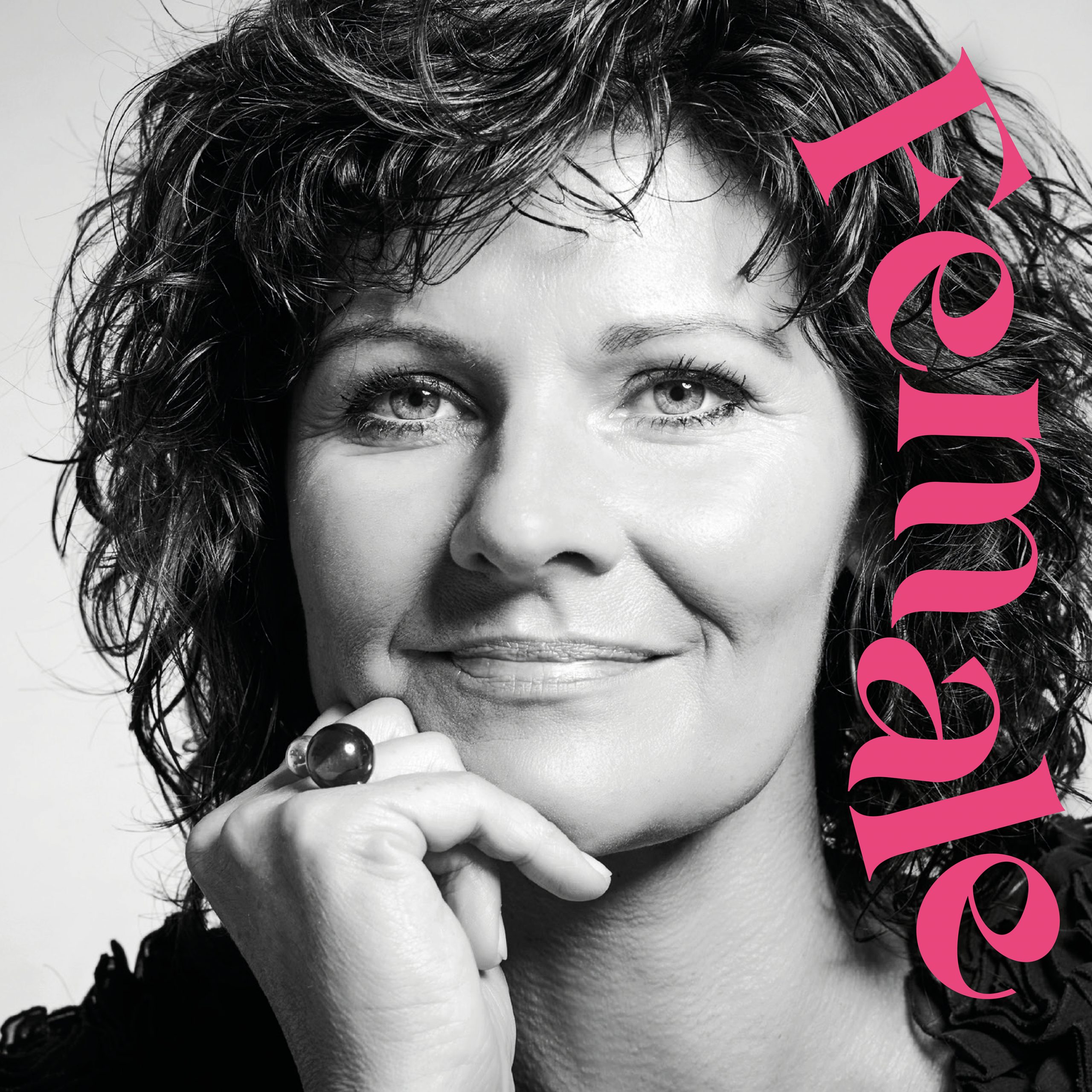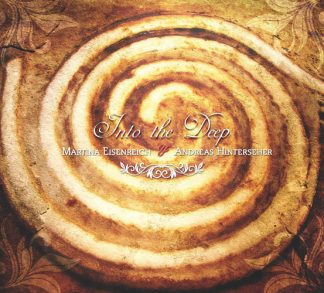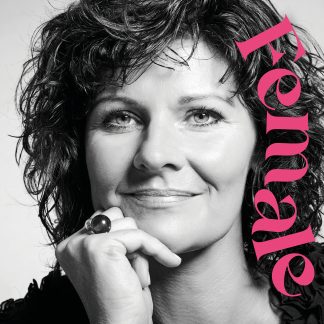Description
FM385-2 CD, Download und Streaming
You have to celebrate the festivals as they fall. In the case of singer, songwriter and curator Stefanie Boltz, there were two major events to celebrate. Firstly, a milestone birthday with female guests from near and far in a remote hut. And on the musical side, a salon was created with a select group of 12 women from several centuries – role models, icons, celebrated, but also unknown, disabled and fighters – from classical music, jazz, blues and pop. From Bingen to Bush. Intersection: not least being a woman. Thus is born FEMALE, the new project and possibly ‘opus magnum’ by Stefanie Boltz.
“Women create as differently as people do in general”, remarks the singer. “But for me, being a woman as an artist makes a difference. It has to. The feminine has a connection to something that is so big that life emerges from it.”
From years of collecting material, the project is now being carefully realized with close musical companions. Sometimes they work at the summer retreat in Tyrol, sometimes in the studio in Munich. Boltz works on most of the arrangements with Christian Wegscheider, pianist, composer and trusted musical partner for several years, most recently on the album “JAZZBABY!” released by Enja Records. Friends from all over the German-speaking world have come together for the album – Jörg Seidel, guitarist and singer from Bremerhaven, the Vienna-based saxophonist and clarinettist Christoph Pepe Auer and Fany Kammerlander, cellist from Munich, with whom Stefanie Boltz has also often made music.
FEMALE starts with the “first” in female music, the most important composer of the Middle Ages, Hildegard von Bingen. With a quote from one of her monophonic chorales, the a cappella vocalist extends her invitation to the female artists: “Alma, Kate, Bessie, Fanny, Nina, Bernice. . .”, a vocal sound architecture is created, and at the same time a format is established that does not return on the album, the “Evocations”, the purely vocal encounter between Stefanie Boltz and her “role models”.
The invited salon women include celebrated icons such as Joni Mitchell and Kate Bush with extraordinary interpretations of their classics such as “Help Me” and “Wuthering Heights”. On FEMALE, however, Boltz also brings together Alma Mahler and, in particular, Fanny Hensel, women from the classical period who are tragic cases of careers gone awry. Convictions that women should only pursue music as an adornment, but not as a profession, were almost insurmountable hurdles against which the greatest efforts were made to find ways and detours. Although not appreciated during her lifetime, let alone published, Fanny Hensel created 460 compositions and founded a salon where they were performed. In Fanny Hensel’s Goethe setting “Dämm’rung senkte sich von oben”, Stefanie Boltz delves deep into the venture of harmoniously bringing together music from such different eras and styles – seemingly true to the original, very authentic and yet with plenty of scope for a free approach to the material. Alma Mahler’s “Laue Sommernacht” is even continued as chamber music.
Other distinguished guests in the FEMALE salon are the blues pioneers Bessie Smith and Ma Rainey, who were the first to popularize the blues in the early 20th century and who stood for a way of life in a seething Harlem that, in addition to the rare career of a female artist and woman of colour, also stood for lived bisexuality. Bessie Smith is honored with two songs, her most popular and final recording “Nobody Knows You When You’re Down and Out” and Bob Dylan & the Band’s affectionate anthem, “Bessie Smith”. Ma Rainey writes and dedicates a blues to Boltz herself, based on her provocative “Prove it on Me Blues”.
Stefanie Boltz talks about her women’s salon, saying it is like a good party where you get to know new women, who in turn open new doors, as well as familiar faces and loose acquaintances. For Boltz, such acquaintances are women in jazz like Nina Simone and Abbey Lincoln, who always raised their unmistakable voices for higher political goals and civil rights. With the hymn to freedom “I Wish I Knew How It Would Feel to Be Free”, the singer interprets a song that she already played with her first band after 30 years.
In her work on FEMALE, she comes across Billie’s Besties, Billie’s creative environment, via the legend Billie Holiday, whom the singer admired from a young age. With female composers like Irene Kitchings, who, despite all the skepticism towards women, created standards that made stars like Peggy Lee, Ray Charles or the Duke Ellington Orchestra great and are standards today.
“FEMALE is a salon that lasts”, is how Stefanie Boltz feels. “I have so much fun and am still learning. I was able to relate to every woman and artist, as different as they all are, got close to them, respectfully kept my distance, found kindred spirits. And I admired the way some of them stood up again and again and raised their voices. For me, working on FEMALE was and is awareness-raising and definitely empowerment. If this program has a similar effect on others, I would be very happy about it!”






Reviews
There are no reviews yet.